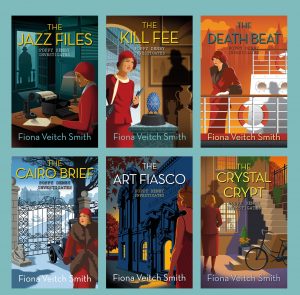 Lost Empires by J.B. Priestley
Lost Empires by J.B. Priestley
My rating: 3 of 5 stars
Set in 1913, Lost Empires is about a young artist who takes a job assisting his illusionist uncle in a travelling variety show. We follow young Dick over a 12-month period as he falls in lust with an older woman and in love with a young singer who initially does not requite his love. The heady passions of Dick’s love affairs are played out against the backdrop of a murder investigation as one of the troupe is found dead. The ticking clock of the build up to war and the mystery around ‘whodunnit’ give Lost Empires a thriller dimension, however, it is really a literary novel. The insight into a world that is about to be lost forever is incredibly moving and far more interesting than the half-baked mystery of the murder. For readers looking for a good whodunnit, this is not it. But if you are looking for a poignant portrait of a young man in love at a dying period of history then Priestley delivers the goods. I know Priestley primarily as a dramatist (Time and the Conways, An Inspector Calls) and this was the first novel I read. I think I will read him again, but not with the expectation of getting a well-constructed mystery.


